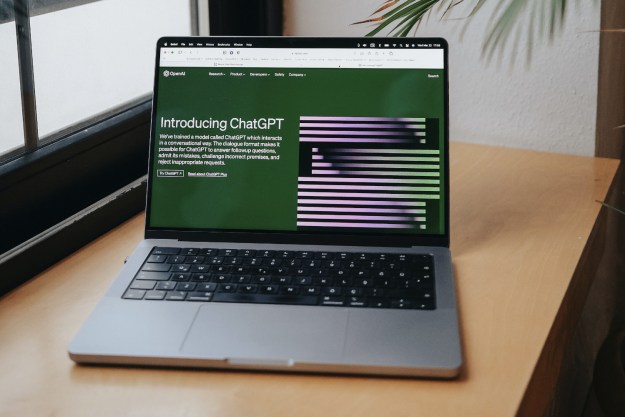It might sound like science fiction, but undertakers and tech-savvy people in China have already started using AI tools to create realistic avatars of people who have passed away.
Using a blend of tools such as the ChatGPT chatbot and the image generator Midjourney — in addition to photos and voice recordings — funeral companies are starting to fashion a rendition of the deceased loved one that grieving families and friends can “communicate” with, according to Guangzhou Daily via the Straits Times.

This technology was timed to make its debut around the recent Qingming Festival, or Tomb-Sweeping Day, which was observed by Ethnic Chinese people globally on April 5. Traditionally, those in China use this public holiday to honor the dead by cleaning and decorating grave sites, burning joss paper, and making food offerings, the publication noted.
However, as times modernize, people are finding more technologically advanced ways to deal with the death of someone they care about. Bloggers on the Chinese video-sharing website Bilibili have shared their experience using AI to speak to their loved ones who have died.
One blogger, Wu Wuliu, uploaded a video to the platform in March called “Generating my grandma’s virtual digital human using AI tools” that detailed how he used ChatGPT, AI painting, and speech synthesis to create a moving avatar of his late grandmother. He discussed growing up in a single-parent family and being raised by his father and grandmother, as well as his regrets about not being able to see her one last time before she died. Thanks to technology, he was able to.
“The video I made is mainly to ease my regrets through the use of AI technology and help me to not think so much of the past,” he said in the blog post as reported by The Straits Times.
Similarly, Shanghai Fushouyun, a company known for its digital funeral services, began hosting funerals featuring AI technologies in January 2022. The first funeral of this kind was for a Chinese surgeon who had many colleagues and students that were upset at not being able to say goodbye in person. They were, however, able to speak to an AI-generated version of him at the ceremony.
“We hope to let the living understand that death is not the end of life. People want to use AI to recover the deceased because they need to release their emotions,” Yu Hao, Fushouyun chief executive, told Guangzhou Daily.
The executive warns that there could be an issue if people end up drowning in their emotions instead. However, most have reported a positive experience with using AI to communicate with their dead loved ones. Some other funeral companies are even working toward using AI to help people grieve their pets who have died.
Editors' Recommendations
- Beware: many ChatGPT extensions and apps could be malware
- What is Auto-GPT? Here’s how autonomous AI agents are taking over the internet
- These are the countries where ChatGPT is currently banned
- Elon Musk setting up generative-AI project at Twitter, report claims
- ChatGPT made up its own language to expand its memory


